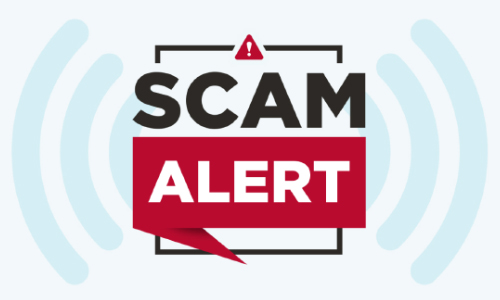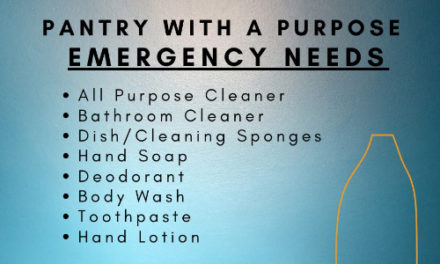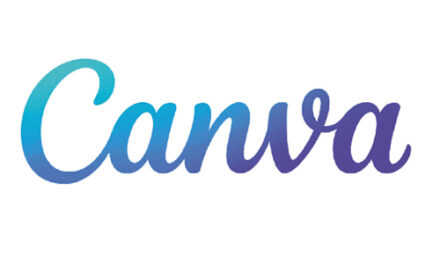Charlotte, NC – The Biden Administration recently announced that the federal government will cancel up to $20,000 of Federal student loans per person. Millions of Americans will be recipients of the student loan debt relief; unfortunately, this creates an excellent opportunity for scammers. See our recent warning about student loan forgiveness scams.
As student loan holders navigate the new forgiveness program, con artists will undoubtedly be there to take advantage of any confusion. It happens with any big government initiative, including the COVID-19 vaccine roll-out, eviction moratorium and pandemic relief programs.
Always be sure to do your research before sharing any personal information.
Tips to avoid student loan forgiveness scams
• Get to know the terms of your student loan and the relief program before acting.
Always do your research before sharing personal information. Be sure to understand the ins and outs of your specific loan, as well as how student loan relief impacts you. Go straight to official government websites, such as ED.gov and studentaid.gov, for information.
• Never pay money for a free government program. Scammers often trick victims into paying for free government programs – or they claim you can get additional benefits, faster benefits, etc., for a fee. A real government agency will not ask for an advanced processing fee. These are all red flags of a scam.
• Be wary of out-of-the-blue calls, emails or text messages claiming to be from the government. In general, the government will not contact you using these methods unless you grant permission.
• Watch out for phony government agencies or programs. If you speak to someone claiming to be a government representative who is offering you student loan relief, do some research before you agree to anything. Scammers often make up look-alike government websites that sound similar to legitimate agencies or programs.
• Think something seems suspicious? Reach out to the agency directly. If you have any concerns about an alleged government representative’s legitimacy, hang up the phone or stop emailing/texting. Then, report the suspicious calls or messages. Then, find the official contact information (look on ED.gov and studentaid.gov or other official sites) and call to verify.
• Be careful, even if the information comes from a friend. Even if a close friend or family member you trust sent you the information regarding student loan relief, make sure the claims are real first. During the COVID-19 pandemic, BBB received many reports of hacked social media accounts being used to spread government impostor scams.










